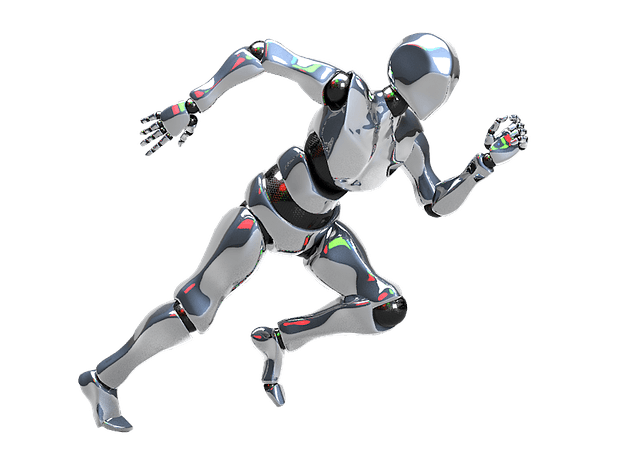Open AI exceeds PhD-Level accuracy on Physics, Biology, Chemistry problems.
Big Update Open AI exceeds PhD-Level accuracy on Physics, Biology, Chemistry problems… .Now, perhaps the most interesting example is Open AI, GPT-4: the summit model for language, the level of accuracy obtained in subjects like physics, biology, and chemistry reaches the PhD level. That’s a pretty great journey covered by artificial intelligence-from recognizing text to solving really very complex academic and scientific problems. Everything’s really pretty revolutionary, at least from a research-area perspective in AI and the ways of processing-access to then use in the real world of scientific knowledge.
In this blog, we delve deeper into how exactly GPT-4 achieves those phenomenal levels of performance, why that matters, and what that might mean for science and education.

Understanding OpenAI,GPT-4 and its capabilities:-
Open AI, GPT-4 is the fourth version of those enormously powerful language models developed by Open AI. Learn and make sense of all that gargantuan amount of data present in books, research papers, websites, and much more, learning how to interpret and give out nearly human text. Open AI differs from all its predecessors as well as other AI models because it can discuss complex problems in any of the natural sciences.
It works based on the perception of word relationships and concepts so that one can almost guess what follows next in a text. With the passage of time and with such rigorous training over such a humongous data set, GPT-4 has managed to seep into memory, understanding not just language but even the underlying principles of science in various fields, including physics, biology, and chemistry.
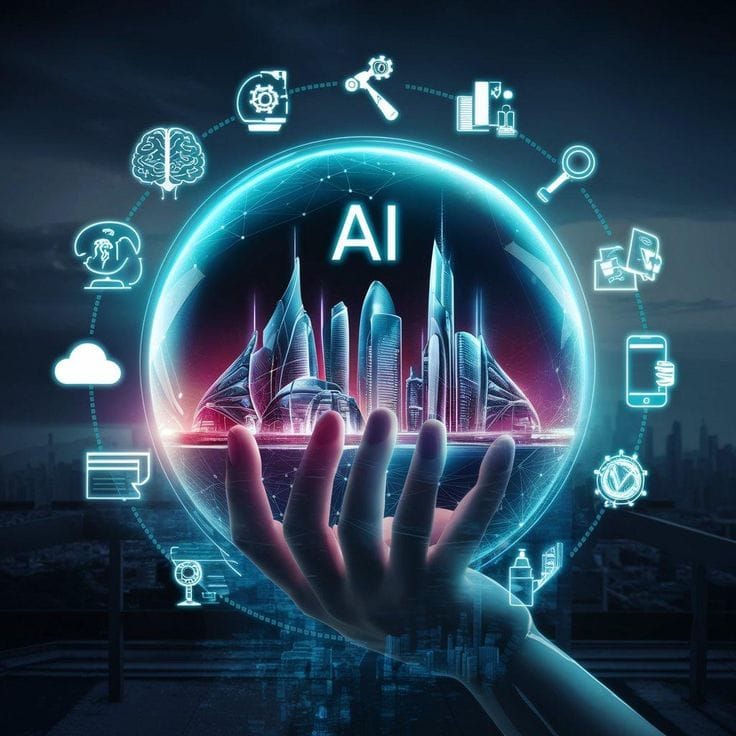
How Does GPT-4 Achieve PhD Level Accuracy?
What really makes the magic behind GPT-4 lie primarily in the factors enumerated below, which can now bring about such exceptional performances:
1. Gargantuan-sized Body of Text Materials: Open AI, GPT-4 has been trained on a gargantuan-sized body of text materials derived from scientific papers, journal articles, and textbook materials. This rich body of knowledge would allow the possibility of this model delivering correct answers on science. In this context, GPT-4 “read” an enormously vast amount of text that a human would need to spend years reading and thus can grasp in-depth subjects scattered all over vast domains within other scientific arenas.
2. Deep Neural Networks: GPT-4, Open AI is based on the transformer architecture, by nature of design an efficient architecture for sequential data such as text. These architectures allow the model to be aware of context words, sentences, and even full paragraphs; putting the model in a position to solve more complex multi-step problems.
3. Fine-Tuning : GPT-4,Open AI is fine-tuned based on general data, which can further be fine-tuned if specific tasks or subjects are considered. This therefore implies for very technical questions, the model will improve to be much more accurate with answers. For instance, it can be calibrated to pay more attention to physical principles or biological processes depending on the theme of the question being posed.
4. Human Expert Interaction: GPT-4,Open AI is mostly self-driven but partly relies on the input coming from human scientists and engineers. Researchers and engineers interact with the model through very good feedback while in development finely-tuned to perfection. This, in turn, ensures that results are coming from AI as true but relevant in terms of current scientific understanding.
Physics, Biology and Chemistry Influence…
Maybe the most interesting applications, however, lie within the realms of physics, biology, and chemistry, and although anybody well-read already knows that these three subjects are especially challenging and take at least years after any university degree to really master them, now somebody finds out everything with GPT-4 with insights and solutions equal to those of experts.
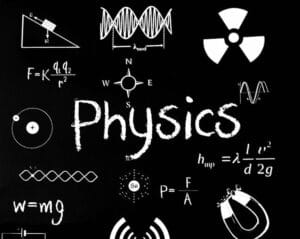
Physics :-
Under this area, GPT-4 is comprehensively aware of the problems in quantum mechanics and thermodynamics, electrics, and magnetism. The domains are developed to the extent that a highly deepened requirement involves these; mathematical notions and physical laws apply. Dealing with such huge amounts of data, GPT-4 should notice what solution applies in the equation at the normal level that might take years for a human being to understand in order to come about what a physicist can understand easily.
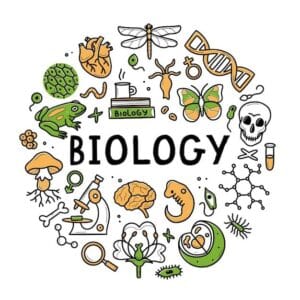
Biology:-
This model may break the complicated biological processes; it might break the complicated process like DNA replication, cellular respiration, or mechanisms of evolution. It may even aid in cutting-edge research areas such as genomics and bioinformatics in which it can also help out in meaningful analysis of large datasets.
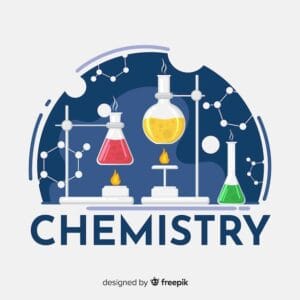
Chemistry:-
GPT-4 applies chemistry in its forecasting of sequences during the search for new drugs based on the assumption that it seeks to make predictions of sequences of chemical reactions and molecular structures. It has enormous, broad information bases within organic and inorganic chemistry, through which the model during its suggestions generates alternative solutions within materials science, pharmaceutical development, and chemical engineering.
Why Does This Matter?
Already, and in a most striking way for topics such as this one, not only to complete the present line of achievement but probably to surpass the limit of precision for a scientific discipline of educational degree PhD is more than a technical fulfillment; it will transform the practice of science and education.
1. Faster Research Analysis : Researchers will now analyze complex data much faster than they could ever do in the past. For example, which chemical compound will be more likely to have a new drug; long-standing problems in Physics, which have been studied only theoretically, will get solutions.
2. Accessibility improves : That kind of education learnt with a PhD is not accessible for all, but AI-based models like GPT-4 let that expertise knowledge approach closer. And therefore, students, tutors even hobbyists will apply AI for getting such complex concepts better understood. It might well democratize the process of learning and allow more access to high-end learning processes.
3. Superior Problem Solving : GPT-4 is supposed to process an unbelievable amount of information and analyze much to perhaps solve problems that human beings would take years to figure out. It would be really useful in many disciplines such as climate science which normally required action based on complex data.
4. AI Co-work with Human Instinct : This will be an assistant rather than a replacement. GPT-4 will act like a super-tool in the lab or inside a research institute to assist professionals in the testing of hypotheses, simulating, or evaluating experimental results. AI can formulate discoveries much quicker and easier while working hand-in-hand with humans.
No prowess and Ethical Limitations
While GPT-4 is undoubtedly a really powerful model, there are also quite a few problems that should not go unobserved: AI models sometimes get things wrong, and if no precautions are taken, the mistakes may convey the wrong inferences they try to avoid. Then of course there is the whole ethics issue: responsible use of AI in research and education has to be promoted if the tools are going to be used responsibly.
Conclusion…
This new AI generation capability outside answers at the PhD level of physics, biology, or chemistry has never been seen before in AI development. GPT-4 is going to increase the abilities to do more research and refine the procedure of education by solving incredibly complicated for experts; it is designed to revolutionize science and the way education happens in the 21st century. The scale of development in scientific knowledge caused by AI is so vast that we can only open the first page of such a very long journey.
